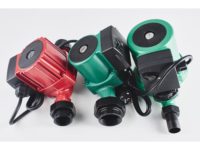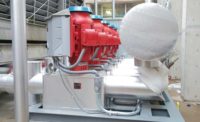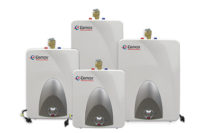With an ever-growing focus on energy conservation, plumbing and heating and cooling professionals are turning to new technologies that can help them design smarter, more efficient solutions. Electronically Commutated Motors (ECM), specifically, are a superior option for hydronic, HVAC and potable water pumping applications. These motors not only meet the growing trend for smart circulator pumps that are energy efficient and adaptable, but also drive solutions that stand out in an increasingly competitive marketplace where the consumer expectation for environmentally friendly solutions have become the rule rather than the exception.
On top of that, as standards for energy efficiency intensify for both retrofit projects and new building construction, ECM smart circulators present a new level of control over system design and performance for HVAC and plumbing professionals. With a host of advantages over conventional permanent magnet motors, the global HVAC ECM market is projected to grow to USD 13.13 billion by 2028.
Here are four major benefits of ECM circulators and why they are fast becoming the energy-efficient pump of choice:
Control and precision
Unlike traditional, asynchronous (AC) induction-type motors, ECM technology offers greater controllability and efficiency through the ability to adjust its speed automatically based on programming, application or specific condition, as well as temperature sensors that regulate the motor based on the size of the boiler or equipment. Like a dimmer switch adjusting the brightness of a light, ECM circulators enable a much higher level of precision and control than their AC counterparts, particularly across a wide motor load and higher torque.
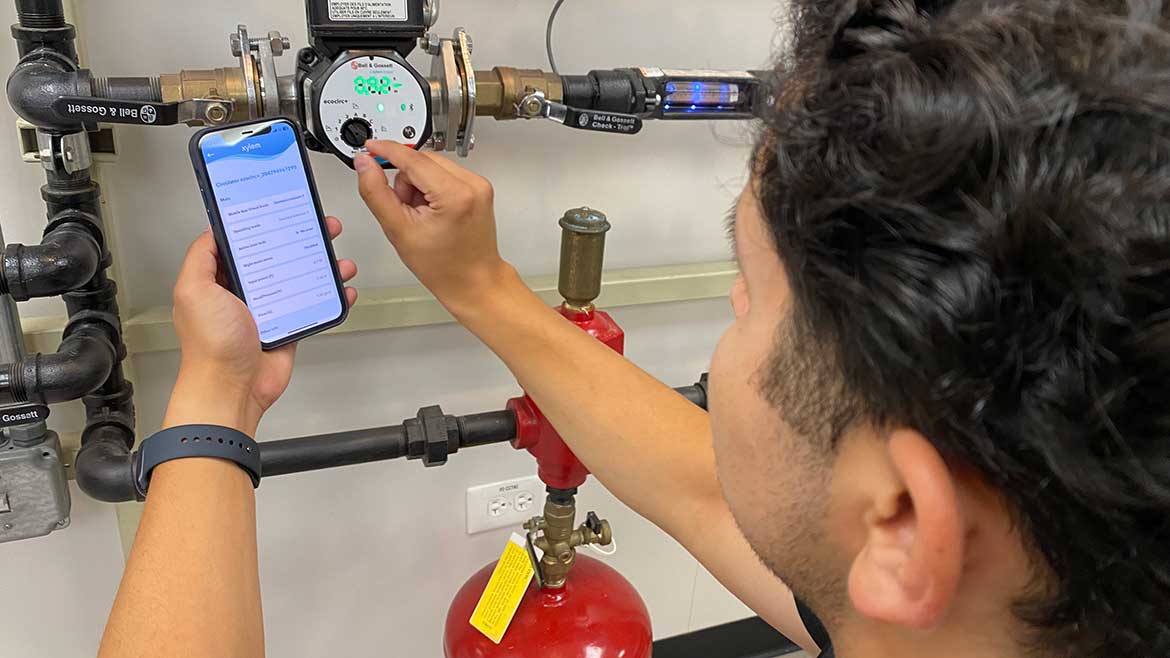
ECM circulators enable a much higher level of precision and control than their AC counterparts, particularly across a wide motor load and higher torque.
Additionally, ECM circulators satisfy the notion of what you need when you need it. For instance, pumping zones vary in size and scope; some areas within a pump zone will require less power while others significantly more. ECM circulators use only as much power and energy as is needed for that specific pump zone in a plumbing or heating and cooling system for greater efficiency and resource allocation.
Hydraulic Institute Energy Rating
According to the National Institutes of Health, ECM technology in HVAC applications can decrease energy usage by as much as 75%. While there may not yet be a mandated energy rating for HVAC applications, the shift toward energy-conscious solutions is growing demand for pumps that can meet this developing trend.
The Hydraulic Institute (HI) Energy Rating for Circulators is an online tool that allows users to search for energy-efficient commercial/industrial pumps and circulator pumps based on model number, participating organization and rating ID. Users can measure energy consumption and usage on a competitive pump basis based on individual pumps’ specific HI rating — the higher the energy rating, the more efficient the pump.
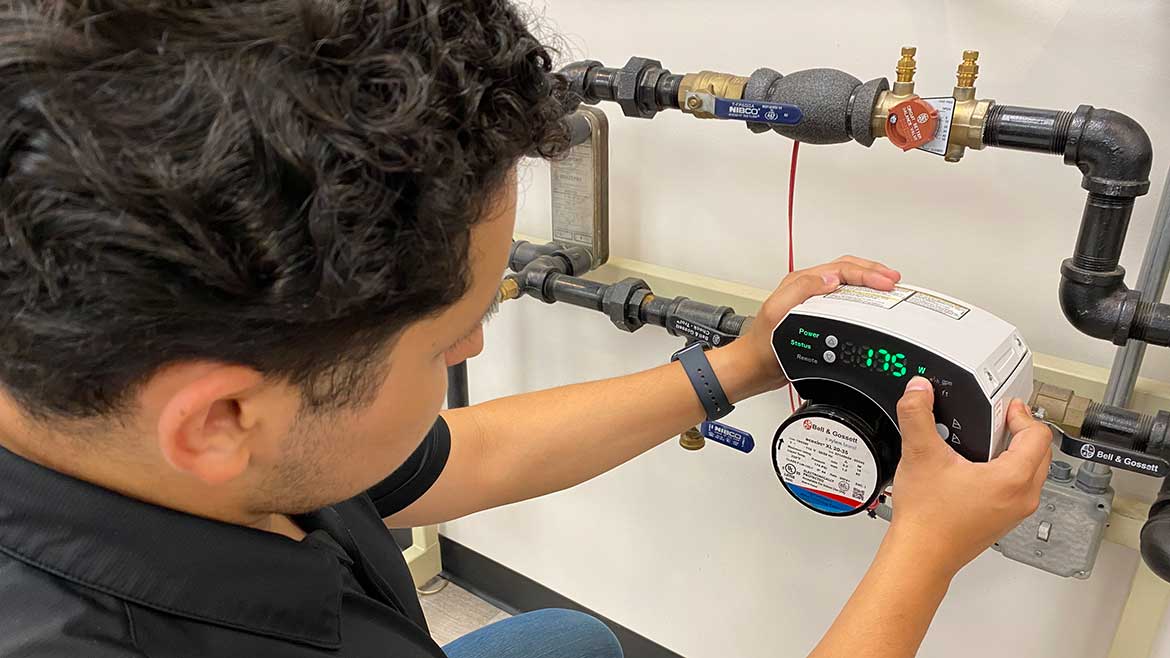
ECM technology in HVAC applications can decrease energy usage by as much as 75%.
For example, a standard efficiency circulator has a typical ER of 48 to 50. Highly rated circulator pumps equate to industry-leading efficiencies that make them eligible for utility rebates and tax incentives, along with helping users realize lower operating costs and a reduction in carbon emissions.
As economic incentives for energy efficiency upgrades continue to influence the plumbing and HVAC market, many professionals will opt for pumps with a higher ER for retrofit projects and new construction.
Versatility and application flexibility
In potable water applications, ECM circulators recirculate water within a pipe to make sure it’s the appropriate, desired temperature, mixing cool water with the water from the water heater in the most energy efficient manner. In this way, these pumps ensure hot water is immediately available from the tap and vice versa with cold water, ultimately saving water and presenting a cost-effective, environmentally friendly plumbing solution, particularly in areas like the West Coast and the Southwest where water conservation is critical.
What’s more, ECM circulators offer an entirely new level of versatility. Unlike the binary nature of a traditional capacitor induction motor with a control drive, ECM circulators are an integrated package that enable precise digital control of the motor to adjust the flow and pressure. If you have several conventional pumps whereby each pump operates at a different flow and pressure, this can be difficult to control. Conversely, variable-speed, ECM circulators can handle that entire range by automatically sensing reduced flow and reducing the speed accordingly, saving energy and optimizing operations as a result.
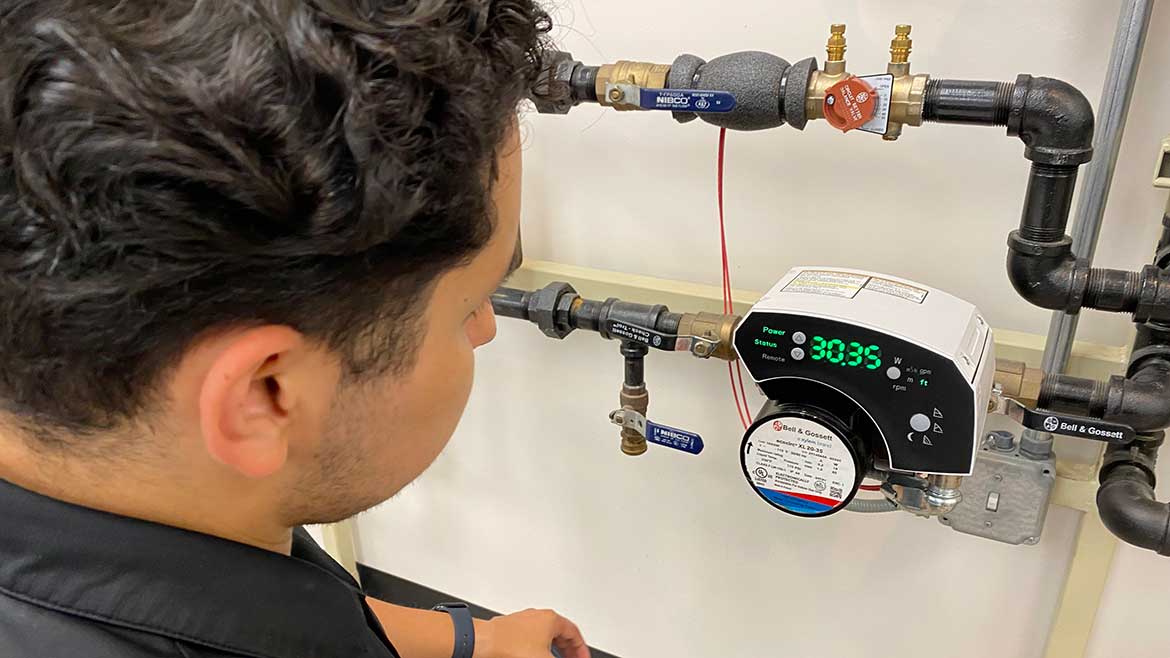
ECM circulators use only as much power and energy as is needed for that specific pump zone in a plumbing or heating and cooling system for greater efficiency and resource allocation.
Long-term cost and resource savings
In addition to significant energy savings, footprint reduction, increased comfort and quiet operation, ECM circulators offer long-term cost and resource savings. Traditionally, one large circulator would be installed that circulates the main loop, with a series of smaller pumps installed throughout other areas of the building. While AC induction motors are ideal for constant speed applications, variable-speed ECM smart circulators can match the specific performance requirements of an individual application and adjust their output accurately to changing system demand.
Many ECM circulators are further equipped with Bluetooth capability, which signals to a compatible device metrics like flow rate, pressure, watt consumption and temperature, as well as how well it’s operating for maximum control and convenience.
Whether it’s heating and cooling systems, domestic hot water systems, residential buildings or any manner of potable water application, ECM circulators are an extremely efficient, adaptable and future-proofed pumping solution thanks to variable speed control and high efficiency add-ons. And, while they may be more expensive upfront than traditional circulator pumps, the continuing trend toward energy efficient and sustainable pump solutions will increasingly make the case for broad adoption of energy-saving ECM technology.

